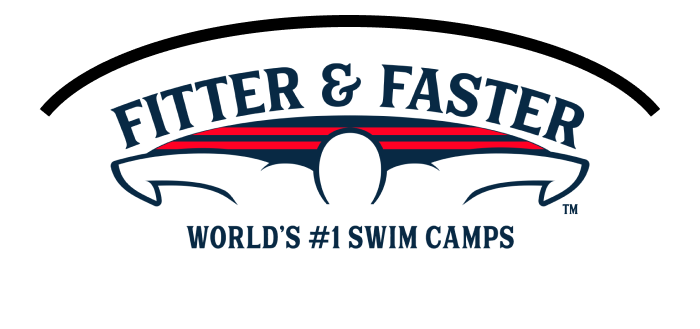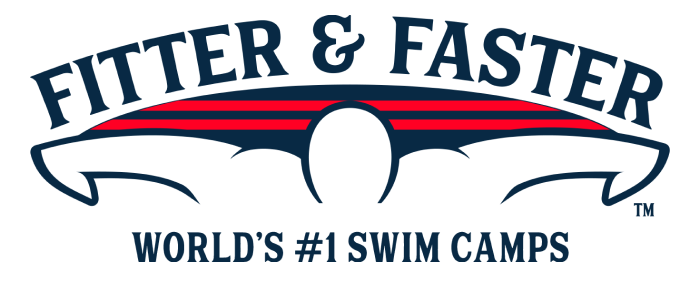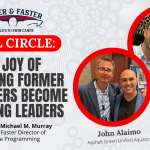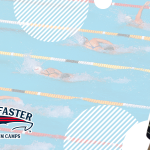Written by David Arluck
Fitter & Faster Founder & CEO
Last week I had the honor of delivering the opening remarks at the American Swimming Coaches Association World Clinic in Reno. I spoke about how much the sport has changed in the last 20 years – and why collaboration and experiences are just as important as sets and drills.
A lot has changed in fast swimming over the past two decades, but one example really brings it into focus. Back then, someone could set a world record on the other side of the globe – and hardly anyone would ever see it. Maybe you’d read about it in Swimming World or hear about it secondhand, but that was it.
Gary Hall Jr. once told me he had never even seen a video of Alexander Popov’s 50 free world record – 21.64 – even though Gary’s 21.76 was the second-fastest time ever at that point. At the time, those were the two fastest swims in history. Yet one of the men who swam them had never actually seen the other race.
Then came YouTube. Suddenly, swimmers and coaches could watch those races, study the details, and share them with others. Athletes started watching on their own, educating themselves, and taking greater ownership of their development. That kind of access transformed the sport. Not because of tech suits or new equipment, but because we could finally see, experiment, and learn from one another. Collaboration. Sharing ideas. Learning together.
And that spirit of collaboration is exactly what makes the ASCA World Clinic so special. It’s not just about the sessions or the presentations – it’s about the experience. Coaches don’t just take notes; they form friendships. They connect with people outside their region. They see old friends from home and meet new ones from across the country – even from the other side of the world. They walk away with memories, ideas, and relationships that make them better coaches and keep them inspired in this sport.
That’s the same spirit we try to bring to Fitter & Faster. Just as the World Clinic gets coaches out of their bubble, we give swimmers the chance to get out of theirs – to train with new people, to learn in new ways, and to walk away with lessons and experiences that shape how they feel about swimming and their journey in the sport.
I believe those kinds of experiences keep kids in the sport. And they also open the door for more kids to join it. They remind us that every goal is important. For one swimmer, it might be making the national team. For another, it might be making the third JV relay. Both goals matter, and both deserve to be celebrated. Because it’s the collaboration within this ecosystem – from the grassroots to the highest levels – that lifts the entire sport.
Along the way, these experiences reinvigorate swimmers. They make swimming about so much more than just the next practice, the next meet, or the next time goal. That’s critical today, when we’re not only competing with other sports and activities for kids’ attention, but also helping young people navigate their own internal battles about what success and perseverance really mean.
At the 2024 U.S. Olympic Trials, 26% of all competitors had, at some point, attended a Fitter & Faster Swim Camp – some once, some ten times. We know we’re not the reason they made Trials or the Olympic team. But we are proud to have been part of their experience – part of the environment and opportunities that helped shape their path and kept them engaged at important times in their lives.
That’s really the point I wanted to make in Reno: in swimming, the experiences matter. Collaboration, relationships, and the moments that inspire are just as important as the workouts, sets, and drills. At the end of the day, sets and practices are just words on a page. What brings them to life is the coach on deck – building trust, creating culture, and connecting with swimmers as individuals.
The best coaches know they’re not just delivering workouts. They’re building relationships. They’re creating experiences. They’re giving athletes something lasting to carry with them.
So whether at a clinic like ASCA or back home with your own team, I encourage you not just to trade sets or compare training cycles, but to talk about the human side of coaching. Ask each other: How do you turn a difficult situation into trust? How do you keep kids engaged when motivation dips? What do you do to make sure athletes leave the sport with lessons that last?
Because years from now, swimmers won’t remember every set. But they will remember the experiences. The friendships. The lessons. The moments that kept them moving forward.
And that’s the real power of coaching.


